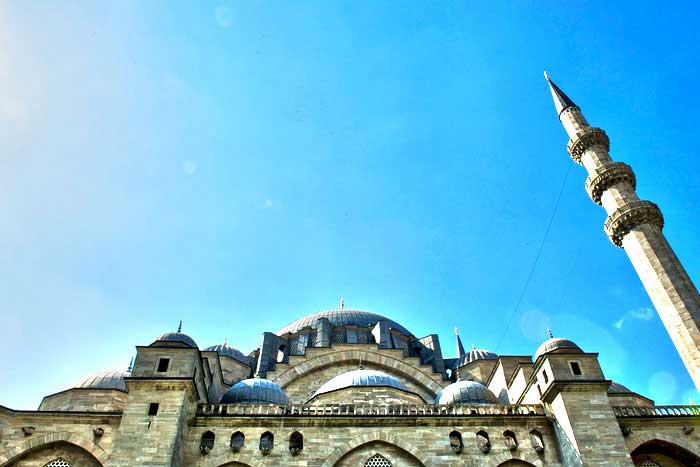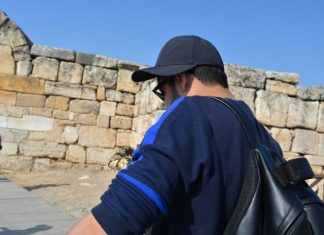KARS CASTLE
Architectural Marvel of 1153
Constructed in 1153 by the Vizier of Saltuk Sultan Malik Izzeddin Salduk Firuz Akay, Kars Castle stands proudly on a steep...
Michael IV part 5
11. Not one of the emperors in my time — and I say this with experience of many in my life, for most of...
Michael IV part 6
If he did no harm to a soul, yet in his dealings with the people he assumed a fierce expression which terrified one and...
Michael IV part 8
16. So much then for the brothers. Let us return to the emperor. For some time he treated Zoe with marked consideration, but that...
Michael IV part 9
There was something else that he feared, too — something that further prevented him from visiting the empress. The brain-storms no longer attacked him,...
Michael IV part 10
This he did, partly by the despatch of envoys, partly by bribery, partly by annual displays of military strength. Thanks to these precautions neither...
Michael IV part 11
It came about like this. One day he found Michael alone, and cloaking his thoughts in periphrasis, began to address him in the following...
Michael IV part 12
The Empress’s Adoption of Michael**48 and his Promotion to Caesar
22.’A very easy measure,’ answered John, ‘and all ready. If our brother **49 were not...
Michael IV part 13
24. What had taken place was, in reality, the beginning of mighty disasters in the future, and what was, to all appearances, the foundation...













